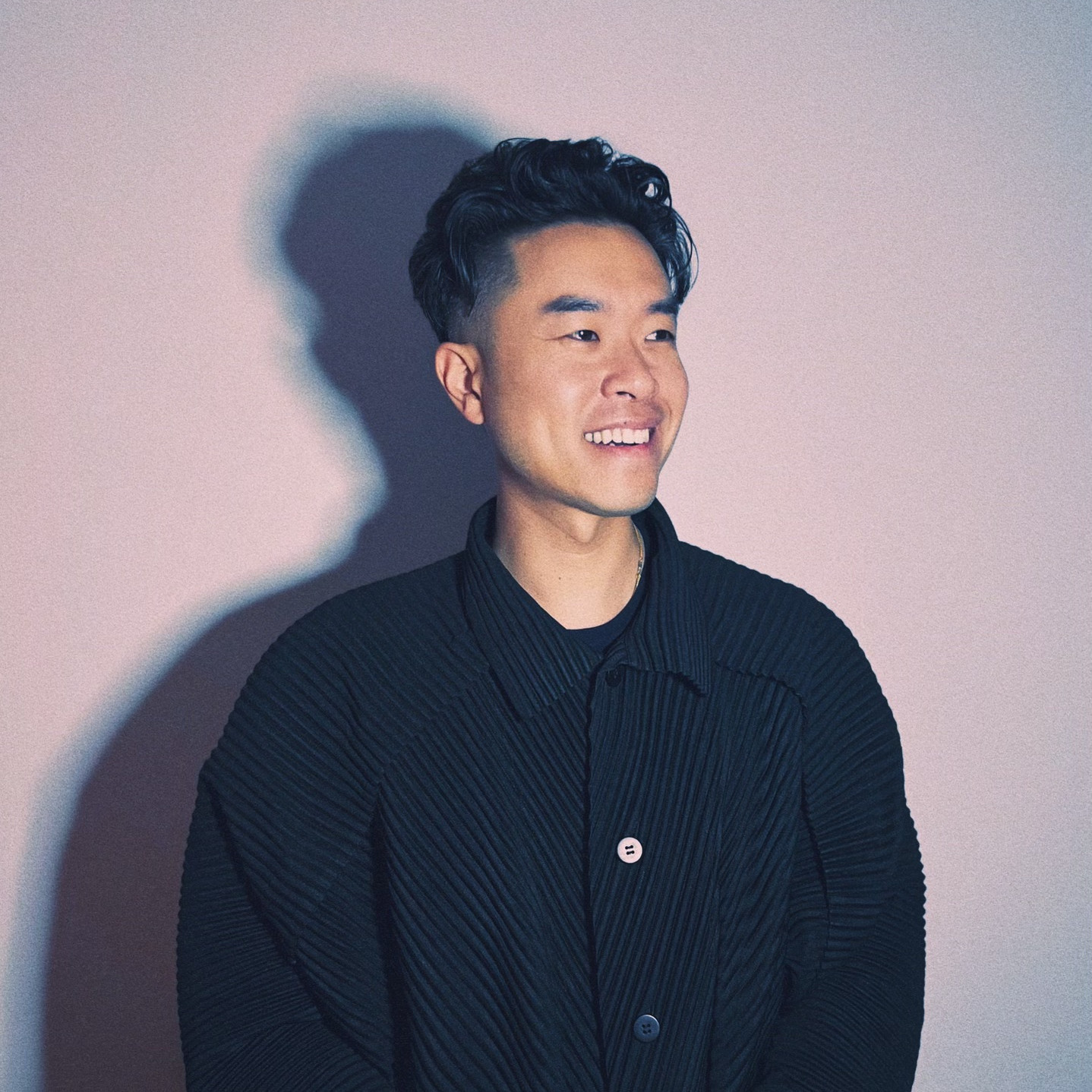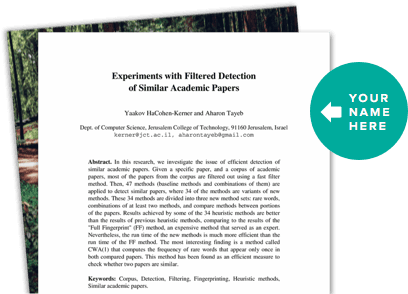About This Project
This project aims to develop a sociotechnical toolkit for deploying meaningful biotechnologies in coral conservation, fostering equitable collaboration between local communities, scientists, and policymakers. Through stakeholder mapping, relational network visualization, and community power and capacity building workshops, we will co-create tools for inclusive decision-making and ethical interventions. The result: a toolkit to strengthen coral conservation movements worldwide.
Ask the Scientists
Join The DiscussionWhat is the context of this research?
Coral reefs are vital ecosystems under severe threat from climate change, pollution, and disease. Innovative biotechnologies, such as genetic modifications and microbiome engineering, offer promising solutions, but scaling these technologies is hindered by a lack of social license, regulatory clarity, and reciprocal power across all community stakeholders. Traditional top-down conservation methods often overlook the needs of local communities, and the political complexities of wildlife conservation add further challenges. Without thoughtful stakeholder engagement, these novel solutions may never be deployed.
To address these challenges, we must unite scientists, local communities, and policymakers to co-create mutually beneficial systems for coral conservation. To scale this work beyond this initial engagement, we’ll codify our approach into a toolkit of best practices that ensures meaningful biotechnologies are deployed transparently, sustainably, and equitably for all.
What is the significance of this project?
Coral reefs are rapidly collapsing, with 50% already lost or severely degraded due to rising ocean temperatures, acidification, and pollution. The IPCC warns that up to 90% could disappear by 2050 without urgent action. While technologies like genetic restoration and reef cooling show scientific promise, their success depends on meaningful engagement with local coastal communities. Effective conservation requires collaboration with these communities to ensure the deployment, monitoring, and long-term impact of interventions. This project addresses the need for an inclusive, stakeholder-driven approach by developing a Sociotechnical Toolkit. Our goal is to empower marginalized voices, build community power, and ensure conservation efforts are equitable, impactful, and rooted in local knowledge. Through this toolkit, we aim to foster a movement of sociotechnical practitioners who work with scientists, policymakers, and local leaders to create scalable, community-centered solutions.
What are the goals of the project?
In Mo'orea, Jamaica, and Micronesia, we will interview a range of stakeholders in local coral conservation. Qualitative interview insights will inform the creation of network maps, which will show the relationships, shared values, and power dynamics between different constituents. We’re also developing a digital tool and framework to turn these insights into quantitative data, like the strength of relationships and network connections (measured through freq. of interaction, length of relationship, resources invested in joint activities, etc), to scale this method beyond manual efforts. To make this data more accessible to the public, we’re designing a visual language that illuminates relationships and dynamics through color, shape, and size. Lastly, to apply these insights and strategies, we will run workshops based on Dr. Marshall Ganz’s "People, Power, & Change" framework to help communities build collective power and achieve their coral conservation goals.
Budget
This funding will support the R&D of novel stakeholder mapping and visualization development (around 100 hours for two researchers), developing tools to assist with facilitating community workshops in key locations around the world (around 75 hours for two researchers), and 20-30 interviews with stakeholders to guide the research process (around 50 hours for two researchers).
Endorsed by
 Project Timeline
Project Timeline
This study will develop tools, methods, and protocols for ethical engagement with the local community for technical coral conservation and research groups. It has three phases for three types of deliverables: data collection through interviews, stakeholder mapping and visualization development, and digital toolbuilding. The funds will be used from January 2025 to January 2026 to support a team of two researchers during research and development.
Dec 31, 2024
Project launched. Data collection and visual development begin.
Feb 05, 2025
Project Launched
Feb 13, 2025
First group of maps and visualizations developed.
Jun 12, 2025
Data collection through 20-30 interviews conducted virtually, processed and synthesized.
Jul 10, 2025
Second group of maps and visualizations developed.
Meet the Team
Zoe Lee
Zoe Lee is a researcher and strategist focused on climate impact, technology & culture, and systems transition. She is currently a research affiliate at MIT Media Lab in the Community Biotechnology Initiative. She co-founded BEAM (beamstudio.earth), a research and strategy studio that develops tools, objects, and frameworks for an equitable climate transition. BEAM's work has been supported by NSF, NOAA, and the MacArthur foundation.
Annie Chen
Annie is a multidisciplinary designer, researcher, and strategist passionate about accelerating climate action through equitable systems change. Her work moves between design and science, nature and culture–investigating the climate crisis in its intertwined socio-political, cultural and ecological dimensions. She is a recent graduate from the Brown | RISD Dual Degree Program, where she double concentrated in Biology and Behavioral Decision Sciences at Brown University, and majored in Industrial Design at the Rhode Island School of Design. She is a research affiliate at the Community Biotechnology Initiative at MIT Media Lab, and also the cofounder of BEAM Studio.
Lab Notes
Nothing posted yet.
Project Backers
- 2Backers
- 51%Funded
- $5,005Total Donations
- $2,502.50Average Donation



